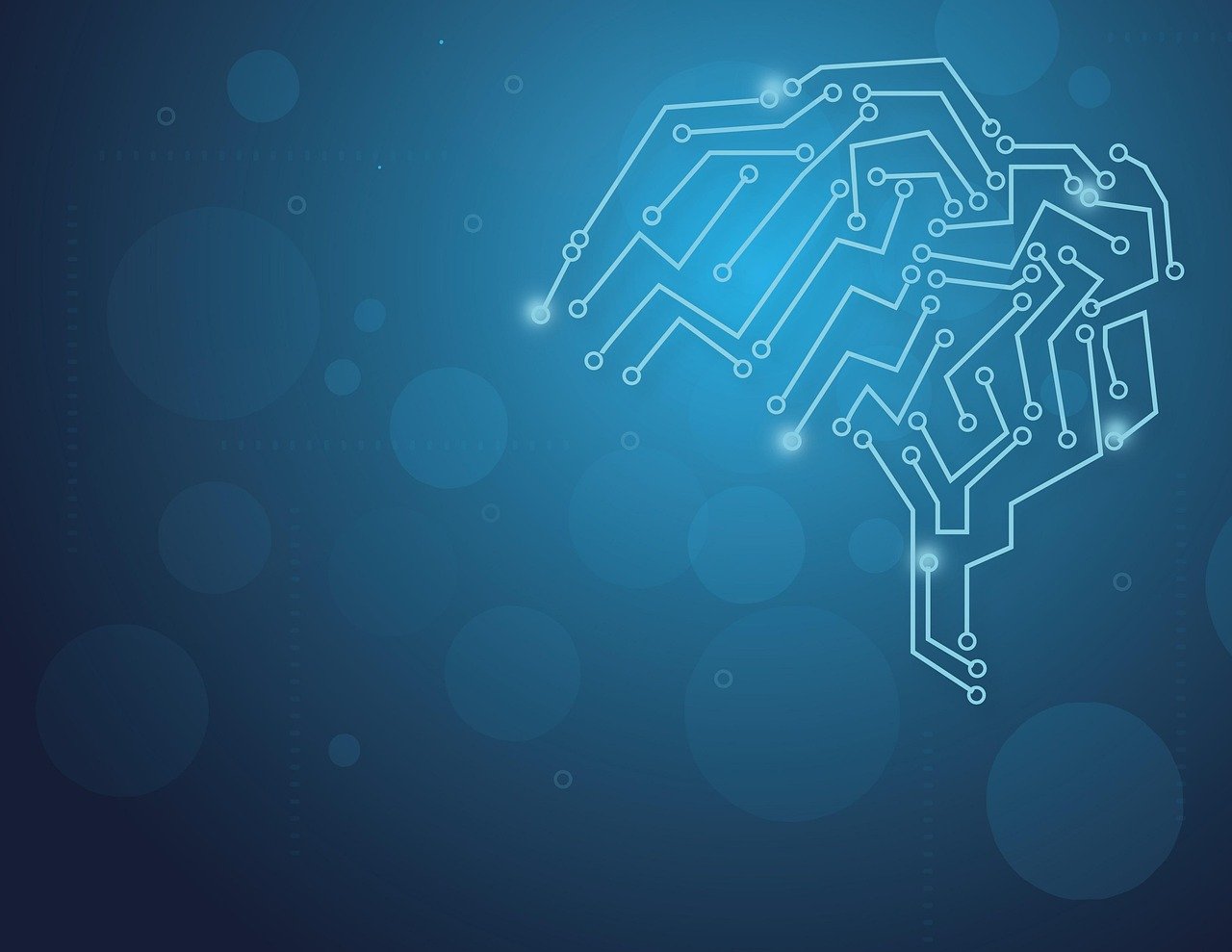Artificial intelligence (AI) is no longer a futuristic concept confined to science fiction. It’s a pervasive force reshaping industries and impacting our daily lives in profound ways. From the algorithms that curate our social media feeds to the sophisticated systems powering autonomous vehicles, AI applications are rapidly evolving, offering unprecedented opportunities for innovation, efficiency, and problem-solving. This blog post delves into the diverse and exciting world of AI applications, exploring their current uses and potential for the future.
AI in Healthcare
AI is revolutionizing healthcare, offering solutions to improve diagnostics, personalize treatments, and streamline operations. Its ability to analyze vast amounts of data quickly and accurately makes it an invaluable asset for medical professionals.
Diagnostic Accuracy and Speed
AI algorithms can analyze medical images like X-rays, CT scans, and MRIs with remarkable precision, often surpassing the accuracy of human radiologists in detecting subtle anomalies.
- Example: AI-powered tools are used to detect early signs of cancer, such as lung nodules or breast lesions, with a higher sensitivity than traditional methods.
- Benefit: Earlier and more accurate diagnoses lead to quicker interventions and improved patient outcomes.
- Statistic: Studies have shown that AI can reduce diagnostic errors by up to 85% in certain medical fields.
Personalized Medicine
AI can analyze patient data, including genetics, lifestyle, and medical history, to create personalized treatment plans tailored to individual needs.
- Example: AI algorithms can predict a patient’s response to specific medications, allowing doctors to prescribe the most effective treatment with minimal side effects.
- Benefit: Personalized medicine optimizes treatment outcomes and minimizes adverse reactions.
- Actionable Takeaway: Discuss with your doctor how AI-powered tools can contribute to a more personalized healthcare experience.
Drug Discovery and Development
The process of drug discovery is lengthy and expensive. AI accelerates this process by identifying promising drug candidates, predicting their effectiveness, and optimizing their formulation.
- Example: AI algorithms can analyze molecular structures and predict their binding affinity to specific targets, accelerating the identification of potential drugs for diseases like Alzheimer’s and Parkinson’s.
- Benefit: Faster drug discovery leads to quicker access to life-saving medications.
AI in Finance
The financial industry is leveraging AI to automate tasks, detect fraud, manage risk, and provide personalized financial advice. The data-rich environment of finance makes it a fertile ground for AI applications.
Fraud Detection and Prevention
AI algorithms can analyze financial transactions in real-time, identifying patterns and anomalies that indicate fraudulent activity.
- Example: AI systems can detect suspicious credit card transactions or identify fraudulent insurance claims by analyzing patterns of behavior.
- Benefit: Reduced financial losses due to fraud.
- Actionable Takeaway: Implement AI-powered fraud detection tools to protect your business from financial crime.
Algorithmic Trading
AI-powered algorithms can analyze market data and execute trades automatically, often outperforming human traders.
- Example: Hedge funds use AI algorithms to identify arbitrage opportunities and execute trades with speed and precision.
- Benefit: Increased trading efficiency and profitability.
Personalized Financial Advice
AI-powered chatbots and virtual assistants can provide personalized financial advice to customers, helping them manage their finances, plan for retirement, and make informed investment decisions.
- Example: Robo-advisors use AI algorithms to create and manage investment portfolios based on individual risk tolerance and financial goals.
- Benefit: Accessible and affordable financial advice for a wider range of individuals.
AI in Manufacturing
AI is transforming the manufacturing industry by automating processes, improving quality control, and optimizing supply chains.
Predictive Maintenance
AI algorithms can analyze sensor data from machines and equipment to predict when maintenance is needed, preventing costly breakdowns and downtime.
- Example: AI systems can monitor the vibration patterns of industrial machinery to detect early signs of wear and tear, allowing maintenance teams to schedule repairs proactively.
- Benefit: Reduced downtime and increased equipment lifespan.
- Actionable Takeaway: Implement predictive maintenance solutions to optimize your manufacturing processes.
Quality Control
AI-powered vision systems can inspect products for defects with greater accuracy and speed than human inspectors.
- Example: AI algorithms can analyze images of manufactured parts to identify flaws in size, shape, or surface finish.
- Benefit: Improved product quality and reduced waste.
Supply Chain Optimization
AI can analyze vast amounts of data to optimize supply chains, predict demand, and minimize inventory costs.
- Example: AI algorithms can analyze sales data, weather patterns, and transportation costs to optimize inventory levels and ensure timely delivery of goods.
- Benefit: Reduced costs and improved efficiency across the supply chain.
AI in Customer Service
AI is improving customer service by providing faster, more efficient, and personalized support.
Chatbots and Virtual Assistants
AI-powered chatbots can answer customer inquiries, resolve issues, and provide product recommendations 24/7.
- Example: E-commerce websites use chatbots to answer frequently asked questions, process orders, and provide customer support.
- Benefit: Improved customer satisfaction and reduced operational costs.
- Actionable Takeaway: Integrate chatbots into your customer service strategy to provide instant support.
Sentiment Analysis
AI algorithms can analyze customer feedback from surveys, reviews, and social media to identify customer sentiment and address negative feedback proactively.
- Example: Companies use sentiment analysis tools to monitor social media mentions and identify emerging customer issues.
- Benefit: Improved customer loyalty and brand reputation.
Personalized Recommendations
AI can analyze customer data to provide personalized product recommendations and offers.
- Example: E-commerce websites use AI algorithms to recommend products based on a customer’s browsing history and purchase patterns.
- Benefit: Increased sales and customer engagement.
Conclusion
AI applications are transforming industries and impacting our lives in countless ways. From healthcare and finance to manufacturing and customer service, AI is driving innovation, improving efficiency, and creating new opportunities. As AI technology continues to evolve, its potential to solve complex problems and improve the human experience is limitless. By embracing AI and exploring its diverse applications, businesses and individuals can unlock new levels of productivity, creativity, and success. The journey into the world of AI has only just begun, and the future promises even more exciting and transformative developments.



